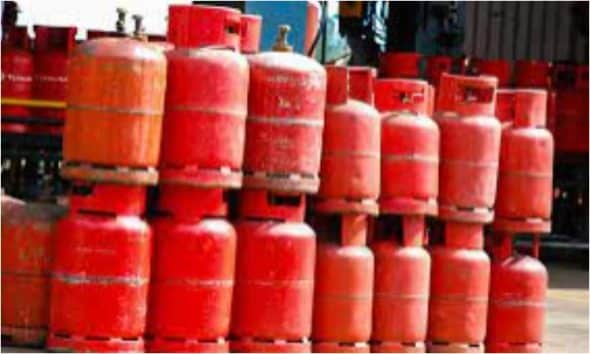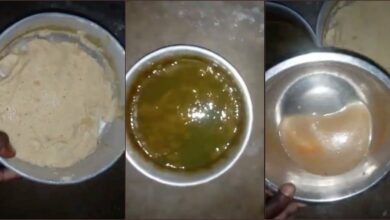Reason cooking gas price won’t crash despite export ban

Despite the implementation of a Liquefied Petroleum Gas (LPG) export ban on November 1, 2024, Nigerians may not see significant reductions in cooking gas prices, experts have warned.
The ban, designed to stabilize prices and improve local availability, mandates domestic producers, including the Nigerian National Petroleum Company Limited (NNPCL), to either halt LPG exports or import equivalent volumes at cost-reflective prices.
Minister of State for Petroleum Resources (Gas), Ekperikpe Ekpo, confirmed that the Nigeria Midstream and Downstream Petroleum Regulatory Authority (NMDPRA) would establish a domestic pricing framework within 90 days, replacing reliance on international market indices.

However, when contacted by Leadership Newspaper, officials from the gas ministry, NNPCL, and NMDPRA declined to provide updates on the ban’s progress.
Lanre Bayewu, Executive Secretary of the Nigerian Liquefied and Compressed Gases Association, cautioned that dramatic price reductions are unlikely. He cited several challenges, including dollar-denominated gas prices, a weak naira, high production costs, inflation, and inadequate infrastructure.
Bayewu acknowledged that while the export ban might slightly increase local supply, sustainable price reductions will require addressing broader systemic issues, such as high energy costs, licensing fees paid in foreign currency, and inadequate transportation and blending infrastructure.
Nigeria’s LPG market, once rapidly expanding, has recently faced stagnation. Data from the National Bureau of Statistics shows that LPG prices increased by 80% between January and September 2024, with retail prices for 12.5kg cylinders rising by 39% during the same period.
In an effort to ease the burden on consumers, the federal government exempted LPG from value-added tax earlier this year. Ekpo also announced plans to enhance domestic blending, storage, and delivery facilities within 12 months, including adapting the Escravos LPG mix—currently exported—for local use.
Despite these measures, industry experts emphasize that political will and consistent policy implementation are critical to achieving lasting stability in the market. While the Nigerian Liquefied Natural Gas (NLNG) company has played a key role in domestic LPG supply since 2007, other producers are still working to transition their output to meet local demand.





